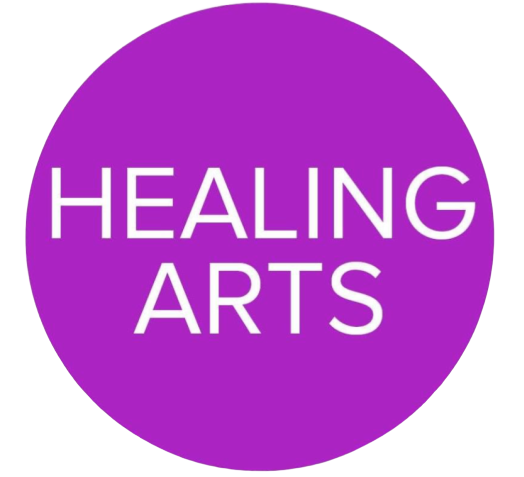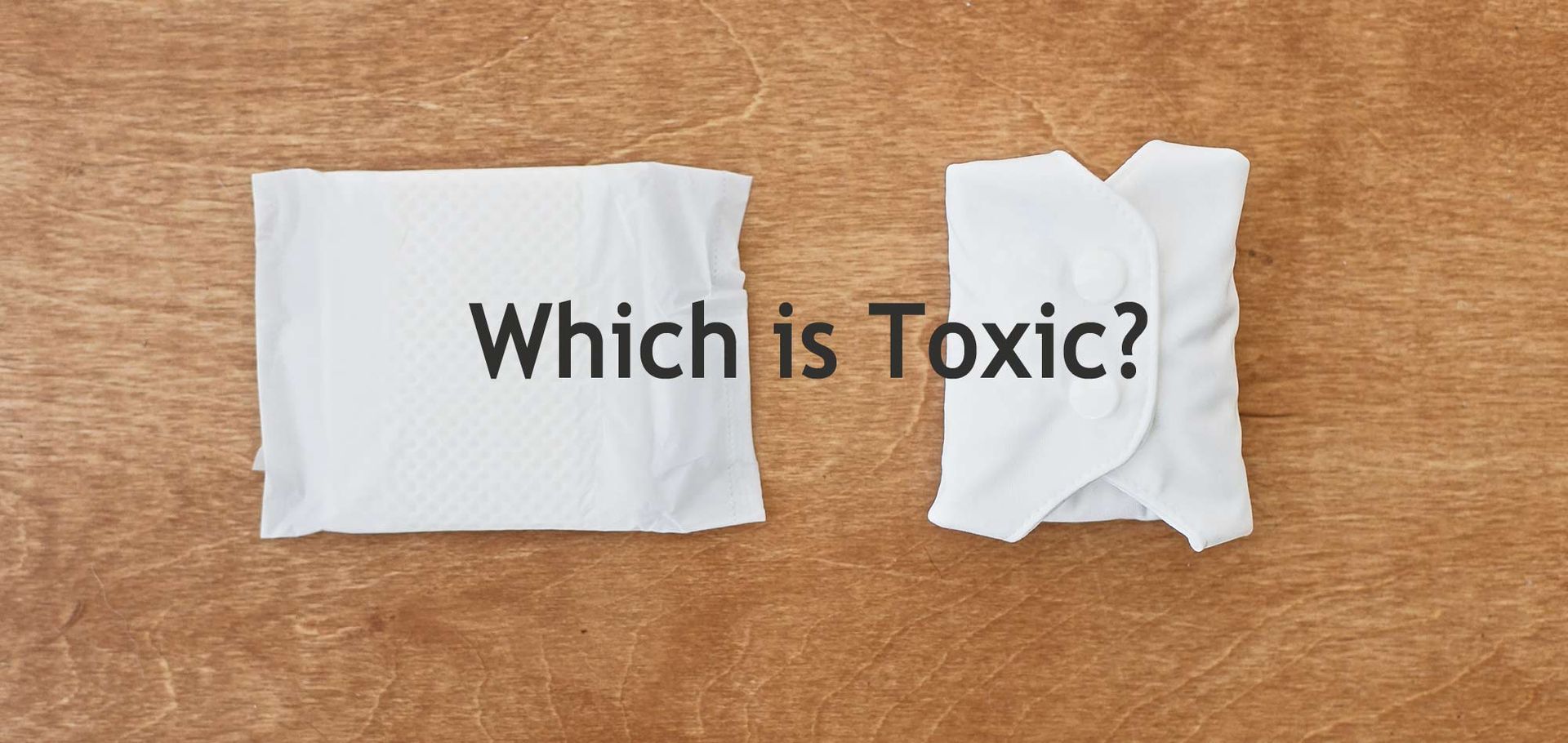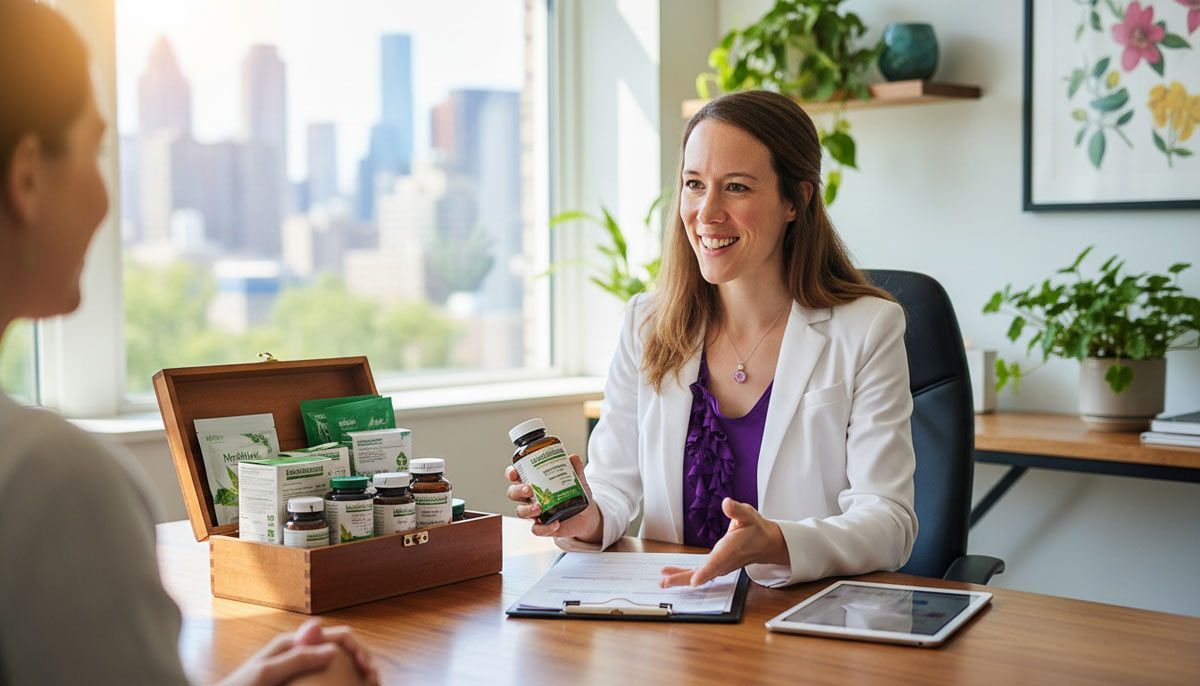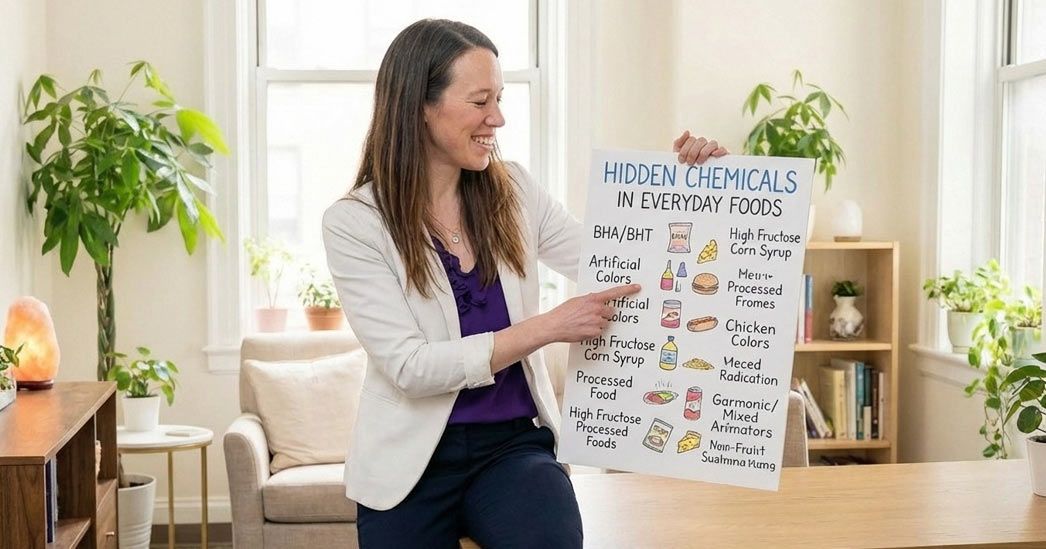Feminine Products Containing Toxins - Women Beware!
It’s difficult for women to avoid some of these potentially harmful chemicals in feminine care products because companies are not legally required to disclose ingredients in tampons and pads and other products.
-Dr. Alicia Armitstead
Are you surprised that tampons and pads can contain hazardous chemicals? Due to the vaginal tissue being much more absorptive than other skin, these toxic chemicals in feminine care products are especially concerning. Unregulated toxic chemicals in feminine care products may result in serious health problems, such as:
- Increased risk of breast cancer
- Reproductive problems
- Asthma
- Allergic reactions
I think all women should not use toxic feminine products but especially don’t use them if you have a sensitive bladder, a history of urinary tract infections, vaginal pain with sex, or a history of yeast infections.
Unfortunately, because of the lack of government oversight, toxic chemicals can legally be used in all kinds of personal care products without premarket safety testing. In addition, it’s difficult for women to avoid some of these potentially harmful chemicals in feminine care products because companies are not legally required to disclose ingredients in tampons and pads and other products.
The big problem with tampons and pads is that companies use cotton, which is full of pesticides. They also use dioxins and furans, which are heavy chemicals used to bleach the pads and tampons. An alternative is to use organic cotton tampons made from pure natural cotton that hasn’t been grown in a soup of pesticides. They don’t contain rayon or synthetic additives, and most have been manufactured using a chlorine-free process that doesn’t create chlorinated toxins. Seventh Generation is such a company, and its tampons can be found at Target, Whole Foods, Walmart, etc.
Toxic Chemicals in Feminine Care Products and Women’s Health
Feminine care products, in one form or another, are used by the majority of women in the United States.
- Up to 86 percent of women in the U.S. use tampons. Other feminine care products—douches, sprays, washes, and wipes are used by up to 10-40 percent of women.
- Black and Latina women are disproportionately impacted by toxic chemicals in feminine care products, as they’re much more frequent users of feminine cleansing products like douche, wipes, and sprays.
- Anti-itch creams commonly contain chemical allergens or irritants and can actually exacerbate the very symptoms that women are attempting to treat.
- Lots of feminine care products contain formaldehyde-releasing preservatives, and formaldehyde is a carcinogen and a potent allergen.
What You Can Do to Reduce Your Exposure
- Eliminate the use of products that may be unnecessary to a healthy vagina.
- Choose unscented products where available (particularly tampons and pads).
- Choose chlorine-free bleached or unbleached cotton tampons and pads.
- If you are having allergic symptoms, switch brands! When you do switch – call the company’s 1-800 customer service to tell them why!
- Tell the FDA if you’ve had symptoms that may be from a feminine care product. Call 1-800-332-1088.
As always, if you suspect any symptoms of toxic exposure, please contact me for an immediate diagnosis.












